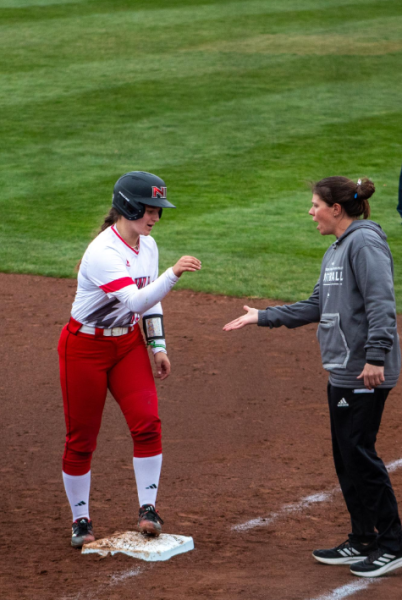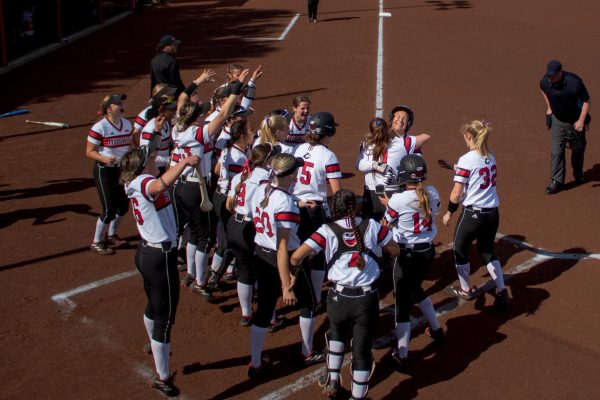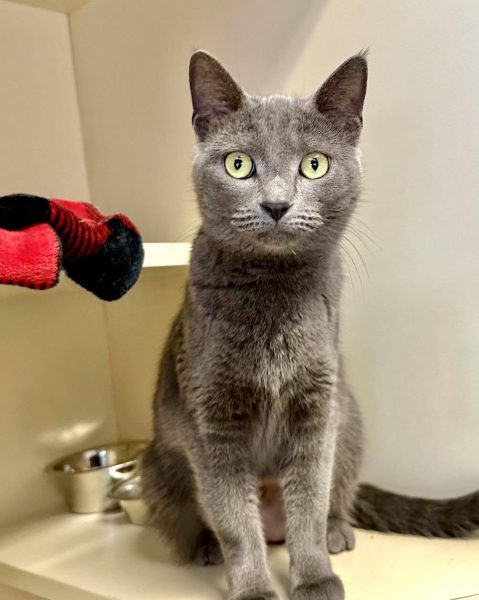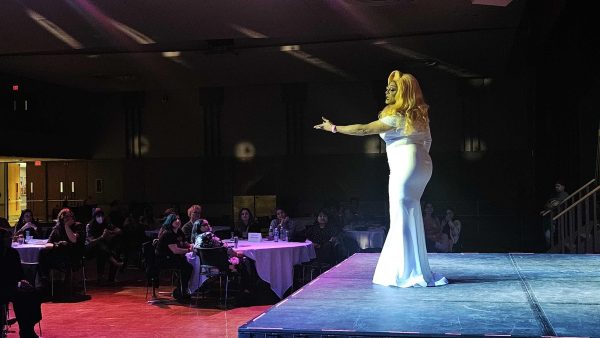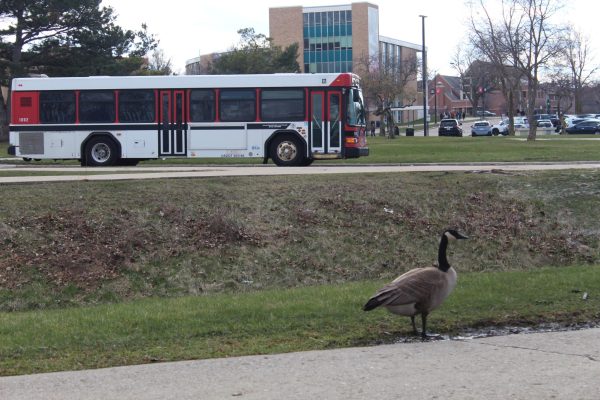DeKalb County courtrooms close to permitting cameras
February 27, 2013
A January Illinois Supreme Court order will allow extended media coverage into DeKalb County courtrooms.
DeKalb County, along with Kendall County, split from the 16th Judicial Circuit in Illinois to create the 23rd Judicial Circuit in December. On Jan. 24, a Supreme Court order was filed allowing extended media coverage in the 23rd Circuit.
The Supreme Court order said extended media coverage includes any recording or broadcasting used to distribute news to the public.
“Illinois is one of few states in the country that doesn’t allow cameras in the courtroom,” said professor of communications Allen May.
May was on a committee that created the operating rules for media coverage in the 23rd Circuit.
“This allows media outlets to request permission to have still photographs, video recording, and audio recording in court proceedings in limited and specific circumstances,” said Timothy McCann, presiding judge for the 23rd Circuit.
Media outlets must submit an application for extended media coverage on a specific trial and then a hearing is held to determine if permission will be granted.
According to May, anyone involved in a trial may choose not to consent to extended media coverage.
“At various points in the trial, parties involved in litigation can say no to consent,” May said.
There has been some controversy over this issue, with some claiming media coverage could interfere with the court and the outcome of trials.
“The primary concern was that the presence of media in the courtroom in terms of cameras and television tends to cause judges to fear that the fairness of the trial may be affected,” McCann said. “There’s a fear that cameras will cause people to behave differently in court. Our concern has been that either lawyers or judges or parties might try and play to the camera.”
Professor of psychology Brad Sagarin said people often do behave differently when they are being observed in this way.
“There are effects of knowing that you’re being observed on your behavior, and people are more careful about what they say and do,” Sagarin said, “Of course there have been court transcripts for years, however. I suspect the active media coverage may increase people’s awareness of the fact that everything happening in the courtroom may be seen by others.”
McCann said allowing extended media coverage in court is a means to allow public access to courtroom processes.
“The media is going to want to cover the cases that are major crimes or could involve somebody of interest to the public,” McCann said.
May said he thinks there are still too many obstacles to make the media coverage as in-depth as it is in other states that allow extended media coverage. He said that legislative work would have to continue to be done before Illinois is up to par with the standards set by other states for level of media access and coverage.
“It’s not meaningful access like it is in other states,” May said. “It may sound like this is a big victory, but I’m just not sure if it will play out that way… There’s a long way to go before news media has meaningful access. Attorneys involved in shaping the rules to not want cameras in court. It’s a culture change for courtroom regulars.”
McCann said the use of the extended media coverage will be sparse, but for different reasons than May said.
“I think the number of cases that people are actually going to use this in will actually be limited,” McCann said. “I think you’re going to find that the most common user of this is actually going to be the print media.”
May said another obstacle will be the fact that lawyers must consent to the media coverage.
“Once they have developed a good sense of how to comply with the rules; it’s difficult to have those rules changed,” May said. “Most attorneys don’t want to deal with the news media.”
May said he thinks the January court order is a good first step to increasing public understanding of how the court system in Illinois operates.
McCann said he thinks the public wants to know what’s going on, and that this will allow them that opportunity.
“Realistically, this is going to be a great thing for the print media,” McCann said. “I think readers will like it. I think it’s good for the media and the public, and I think it’s good for us.”




